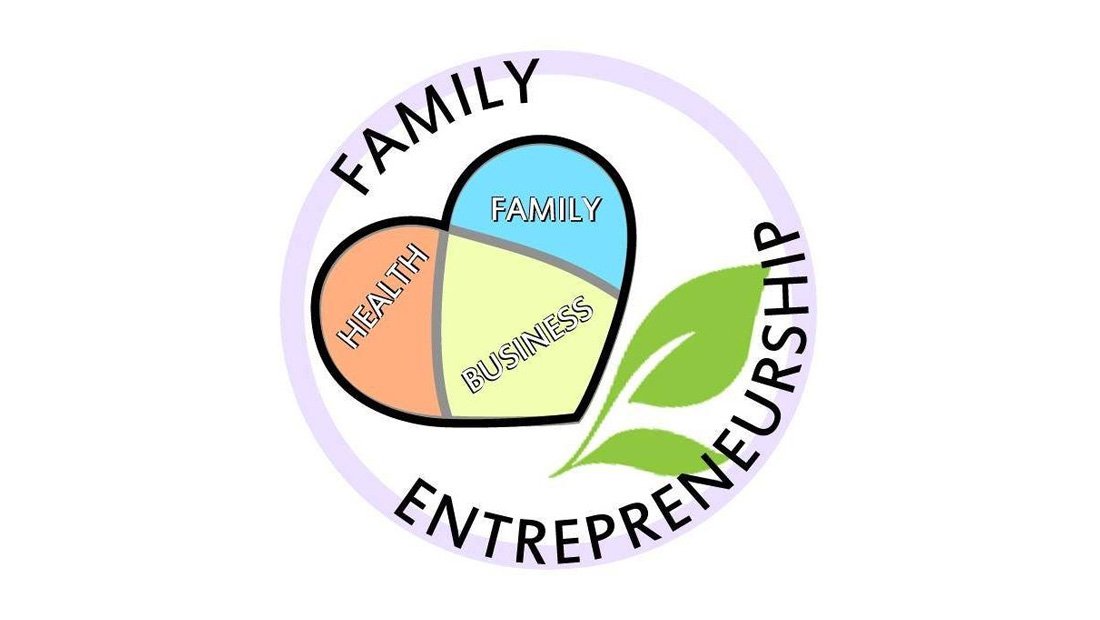
This (old fashioned) definition assumes that, backed with data, these businesses have an average life span of approximately 24 years and about 40% of them pass on to the 2nd, 13% to the 3rd and only 3% to the fourth generation. In short, data suggests that family businesses have a survival problem and that they die when their conventional business ends (or sold).
This understanding is true if and when the focus is mainly on the "business" and not on the "family."
Modern interpretation of the family business, however, requires us to shift our perspective from "business" to "entrepreneurship" and rename family business as "family entrepreneurship."
William B. Gartner of Babson College, states that "entrepreneurial behavior is driven by families." Therefore, he suggests that we must focus more on the “families in business” rather than the "business" itself.
This is especially true if the future generations in the family use their entrepreneurial potentials and pursue new entrepreneurial endeavors. This opens new opportunities, new businesses and helps the family’s entrepreneurship legacy to continue.
Existing conventional business is only one of the things the family does. Specific family dynamics is what fosters entrepreneurial outcomes.
I am a strong believer that entrepreneurship rests within the family and not on one particular business. It is a fact that when the legacy (conventional) business no longer exists, the resources of the family, financial and otherwise, remain in the family. This then provides the backbone for future businesses that would be rather different than the legacy business.










